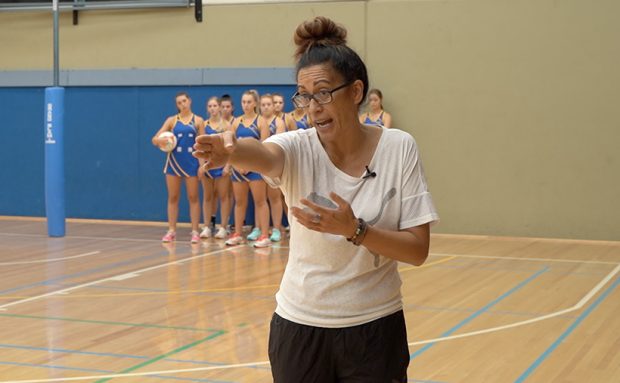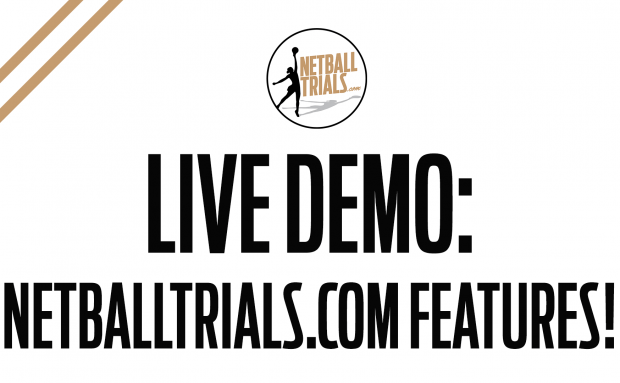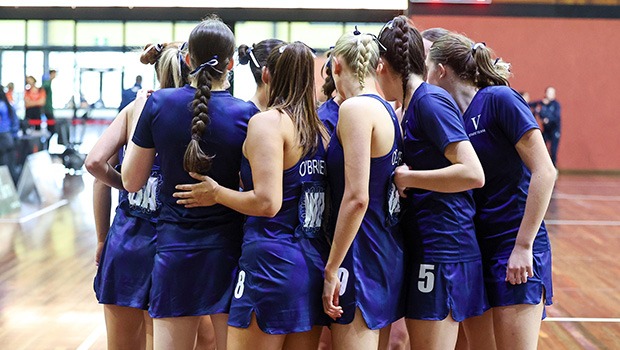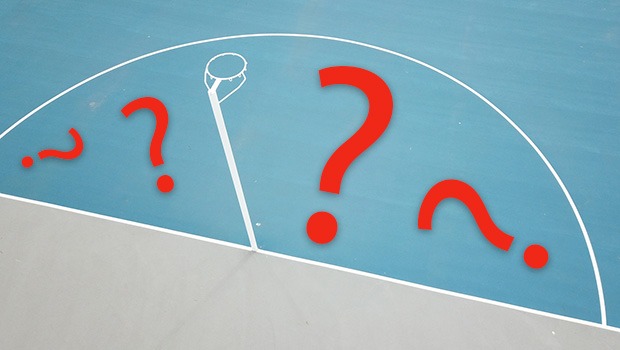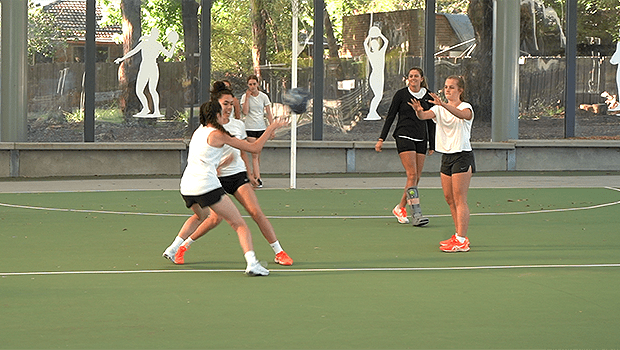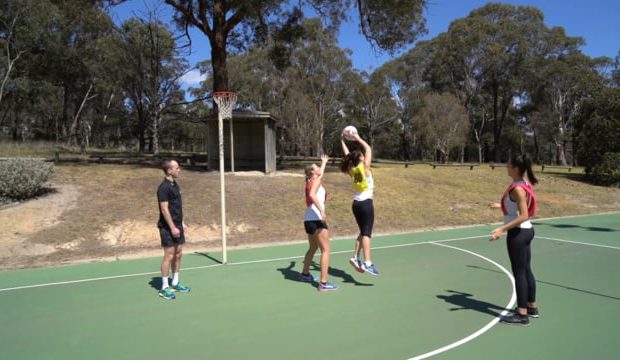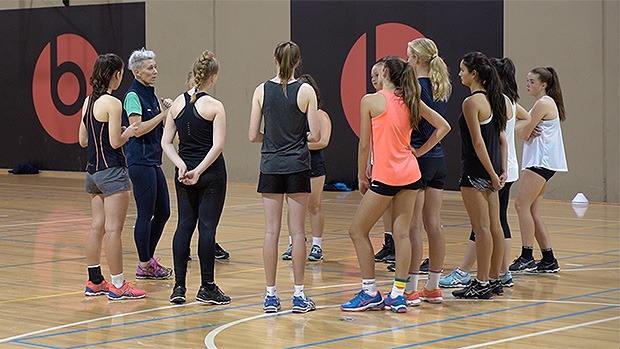
As your year of netball coaching nears its conclusion, there’s no better time to sit back and take stock of how things played out for you and your team.
It’s something we often don’t do enough of as coaches: taking time to reflect on the overall picture of our netball coaching, how our teams performed and why, the areas you’re coaching well in and the areas that are ripe for development and improvement.
With literally thousands of coaching moments and interactions throughout the year, what are the lessons and learnings you’re able to take away, in order to improve your coaching for next year?
400+ DRILLS: CHECK OUT ALL OF OUR VIDEOS HERE!
For me, 2018 has been an eye-opener in many ways.
For the first time I fully grasped how important a club and team’s culture can be, and the importance of selecting players who will embrace that culture, rather than focusing heavily on ability. As coaches we’re forever looking for the next up-and-coming star, and are sometimes prepared to overlook attitude or commitment issues etc in order to have them at our clubs.
Prioritising the “right” players, who’ll buy into the culture, over the ones who may perhaps have their own interests ahead of the club’s or team’s interests is something you can’t put a value on, but it’s almost certainly a path to greater long-term success. It definitely was for our club.
And I also learned some key on-court coaching lessons, most notably how important it is to have different coaching approaches for different teams or different athletes.
I’ve always been a bit of a “stats junkie”, with games broken down within an inch of their lives and players often provided with full stats breakdowns after each game. Some years it’s worked, and some years it hasn’t.
This year it was a conscious decision and a bit of an experiment to move away from having reams of statistics, and allow the players to just focus on their own games, without worrying about how many numbers would be in their “bad passes” or “dropped balls” columns, or stressing if they didn’t have a truckload of intercepts.
For this team, this approach worked, as it further reinforced the ‘team’ aspect of games and training performance and drove the players to drive each other, instead of focusing on their individual outcomes.
Every coach and team is different. So how can YOU best assess your 2018 coaching year? Why not try some of these methods and start building towards an even better 2019.
SELF-ASSESSMENT
As netball coaches, often we tend to roll from week to week without ever stopping to take a look at the overall landscape.
You’ll start the year with great intentions and plans for developing your players, as a team and individually, but do you revisit those plans throughout the year and at the end of the season?
Did you try certain strategies or techniques as you coached your team, both at training and games? Were those strategies successful? Do you need to change the approach completely, or could those techniques be tweaked slightly in order to help your players grasp them faster or more successfully?
ADVICE, SESSION PLANS & MORE: CHECK OUT OUR BLOG SECTION
Did you communicate well? Were all players engaged, and empowered to put their best netball out there most weeks? If not, why not?
Why not sit down and make a list of the things you felt worked well throughout the year, both on and off the court, as well as the things that didn’t, and the changes you could make in order to improve them. Put it in your coaching book or folder, and then pull it out in the new year as you start to plan your sessions. It’ll help you create a plan for the coaching year coming up, and you’ll be streets ahead of where you were 12 months ago.
COACH FEEDBACK
It can be quite confronting to ask another coach for feedback on your coaching.
It requires you to be open to what they might say, and prepared to digest and take on any suggestions or advice they may have. They also need to be someone who you respect and trust, but who is prepared to have an honest dialogue with you. They don’t necessarily need to have more experience than you, however if you’re after specific technical feedback, this is probably helpful.
Often this is one of the most valuable coaching exercises you can engage in, as it helps you to understand how your coaching comes across to your players, as well as your strengths and weaknesses at training and on game night. Perhaps you spend too much time talking and not enough time “doing” (or vice versa), or maybe there are some coaching moments that are so good that the coaching feedback then becomes about exploring how you can channel those into further team learning and improvement.
Either way, the chance to learn from another coach, no matter what level you’re at, can be invaluable.
PLAYER FEEDBACK
This one isn’t always easy, as some players (and particularly younger ones) are sometimes uncomfortable discussing their coach’s performance with the coach! But it doesn’t have to be a critique. Some of the best learnings you can take from players in particular age groups is to find out which drills they got the most out of. What parts did they enjoy and why? Which areas did they struggle with?
Player feedback could be as simple as, “I learnt so much when we did that session on dictating outside the circle”, or, “When you showed me that way of doing a hold, it finally made sense to me”. Take that information into the following year and you’ve got a new blueprint for coaching a particular skill, and maybe it’ll save you the two or three weeks you had to spend trying different ways to get your players to understand it this year.
Older players may be more comfortable discussing more in-depth aspects of your coaching with you, but it’s critical that you approach those conversations with an open mind and are prepared to listen to whatever the feedback might be. The player is only telling you how they see it, and at the end of the day they’re the ones who you need to get the performances out of, so it pays to know what worked for them and what didn’t!
